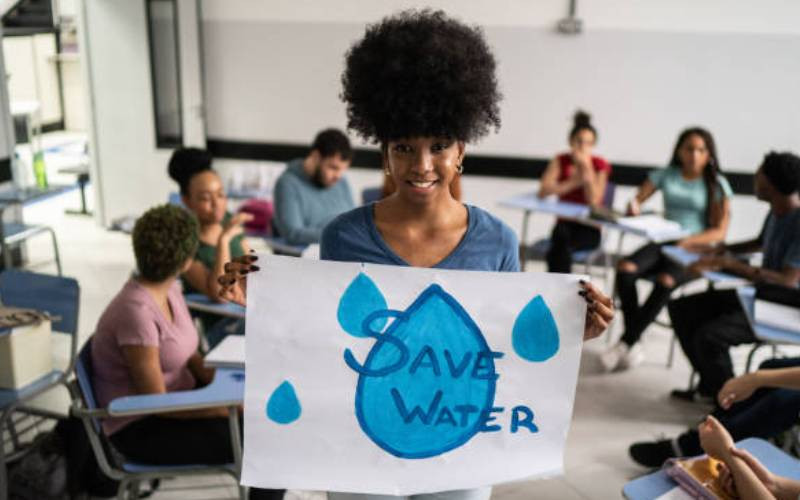×
The Standard e-Paper
Kenya’s Boldest Voice

The Pope himself spoke this week. His call?m Let all unite to make the world a better place for human and other living organisms.
This was his message as the Pontifical Academy of Sciences hosted a two-day conference themed “Resilience of People and Ecosystems under Climate Stress” at the Vatican.